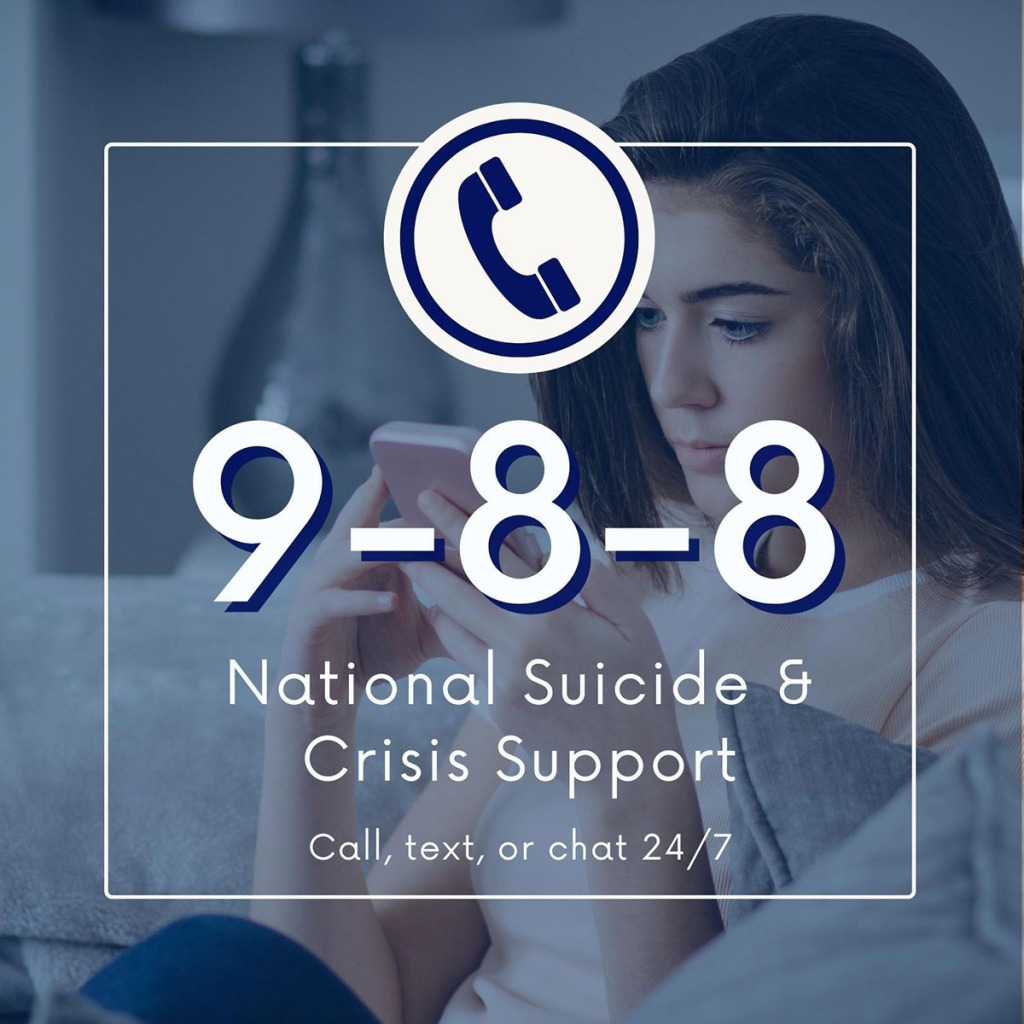Article at a Glance
- One of the best ways to prevent suicide is to talk about it.
- Listening is a powerful tool to help kids sort and manage their emotions.
- If you see signs of suicidal thoughts, seek professional help.
According to the Utah Department of Health, 22.3% of surveyed preteens and teens have seriously considered attempting suicide. The study also showed that suicide is the leading cause of death for Utahns ages 10 to 17.
By the time child is in high school, they’re statistically likely to have had a classmate attempt or die by suicide. As a parent, this can be very worrisome and scary to talk about. But, the sooner you can have these conversations, the better off your child will be. Talking frankly about suicide has been linked to better outcomes because it can prevent kids from suffering in silence with grief, fear, or their own suicidal ideations.
Make Uncomfortable Conversations Comfortable
Talking about suicide can be uncomfortable. However, the more open, natural, and honest you are, the easier it will become. Here are some conversation tips for each age group:
Children 6 and under
- Kids this age may not understand what it means to die, and they won’t ask a lot of questions.
- Keep the conversation simple, short, and to the point (i.e., “suicide is hard, and it’s okay if you cry”).
- Talk about suicide like you would if it was cancer or another disease—without a sense of shame or judgment.
- If kids bring up someone’s suicide, you can say things like, “they died, and it’s very sad.”
- Avoid abstract statements like “they’re in a better place” because it might cause confusion.
Children 7-10
- At this age, your child may ask some general questions, and it’s a good idea to allow them to lead the discussion.
- Be honest and direct (i.e., “he suffered from depression for a long time, and his death is sad”).
- Avoid adding judgemental statements about the person’s actions like “they took the easy way out.”
- Suicidal ideation can start as early as 9 or 10, so don’t be afraid to ask direct questions about whether your child has had thoughts about harming themselves.
Children 11-14
- Middle school-aged children will likely understand what suicide is.
- This age group is likely to be curious and ask specific questions about how someone died.
- Conversations with kids this age can include more details about mental health issues and how to spot warning signs.
- Share suicide hotline numbers, the Safe UT app, and referral center information if your child is afraid for someone or wants to be prepared.
- Don’t worry that talking about suicide might be putting ideas in your child’s head. In the article Why You Should Talk to Kids About Suicide, the Children’s Hospital of Colorado explains how copycat suicides are typically a result of glamorization or misconceptions.
- Understand that suicide is already being talked about—in the media, at school, and on social media.
Children 15 and older
- Teens may know people who’ve had suicidal ideations and can recognize early warning signs.
- Ask your teen what they would do if they or someone they know had suicidal thoughts.
- Emphasize that it’s common for people to have mental health problems and that seeking help is okay.
- Help your kids understand that mental health issues are treatable health conditions, not character flaws.
- Avoid judgemental statements that imply suicide is a selfish or weak action.
Listen to What Your Kids Have to Say About Suicide
When your child is opening up to you about their own struggles or worries for a friend, take them seriously. Suicidal thoughts occur more than we might realize.
In a 2019 Youth Risk Behavior Survey, 36.7% of high schoolers felt sad or hopeless, 22.3% had suicidal ideations, 18.7% made a suicide plan, 9.3% attempted suicide one or more times, and 2.1% had been hospitalized for a suicide attempt.
Listening to your child at any age will help them feel validated, which is vital in helping them learn how to process their emotions safely. Oftentimes, the best listening occurs when we try to understand someone’s concerns and empathize with their feelings, not fix their problems.
Help your child share and process their feelings without judgment or arguing. If needed, seek professional help.
Know the Signs of Suicide
It’s not always possible to detect signs of suicide because many kids are good at hiding their struggles and because it can be an impulsive choice. But in many cases, you may see changes in your child’s mood, behavior, and overall demeanor. Some possible warning signs include:
- Losing interest in favorite activities
- Withdrawing from friends and loved ones
- Talking a lot about death and suicide
- Hinting at not being around much longer
- Feeling trapped and that there is no end to their stresses
- Giving away things they cherish
- Self-harming (i.e. cutting or burning themselves)
- Having mood swings or acting overly aggressive
- Engaging in dangerous activities
If your child is showing signs of suicidal ideation or having trouble processing the death of a friend, talk with them and speak to your pediatrician. Help is available in many forms.
For more information about the signs of suicide, read the article “Teen Suicide: Recognizing the Warning Signs.”
More resources:
National Suicide Prevention Line
SafeUT App
Preventing Youth Suicide – Tips for Parents and Educators (National Association of School Psychologists)
Suicide Prevention (NIMH)
Crisis Connections: Suicide Training for Groups and Schools
Reviewed on July 18, 2022 by:

Dr. Nance is a Salem, Utah native and a father to three children. He and his family love anything outdoors, especially if it involves finding new trails to explore, riding bikes, or spending time in the backyard.
Share this article:


